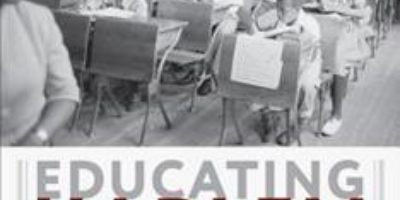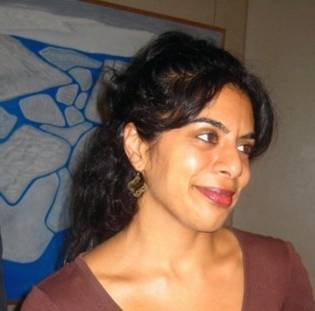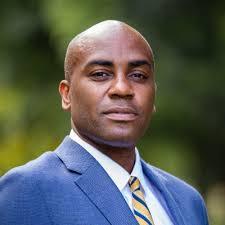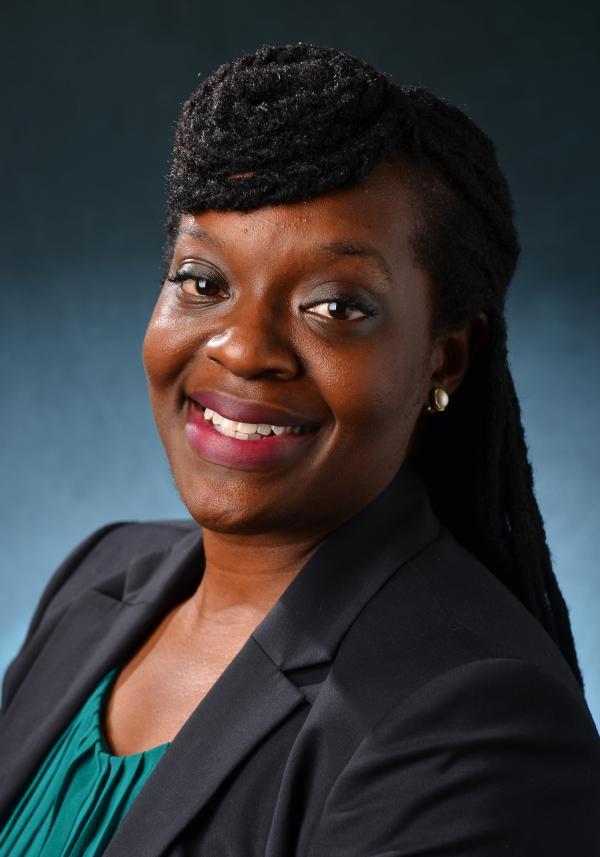Sep 03
How Did We Get Here?: The Long Struggle for Educational Justice in New York


Description
In a back-to-school season fraught with uncertainty and fear, the history of Black parent, student, and teacher organizing for educational justice in New York offers important historical perspectives and lessons. Join the conversation with historians and educators and share stories and strategies for organizing today.
Speakers
-

Ujju Aggarwal
The New School for Social Research
Ujju Aggarwal is an Assistant Professor of Anthropology and Experiential Learning at The New School. Her research engages public education, urban space, rights, and the state in relation to gendered political subjectivities, kinship, racial capitalism, social reproduction, and anti-carceral studies. Her first book, Unsettling Choice: Race, Rights, and the Partitioning of Public Education, a historically informed ethnography of choice as it emerged in the post-Civil Rights period in the United States, was published by the University of Minnesota Press. Her current project, Education Against Enclosure, is supported by the Spencer Foundation. Ujju also brings along history working to build organizing for educational justice, immigrants’ rights, and abolition as well as projects at the intersection of arts and social justice, popular education, and adult literacy. She serves on the Board of Teachers Unite, on the Advisory Boards of the Parent Leadership Project (Bloomingdale Family Head Start Center, PLP), PARCEO (Participatory Action-Research Center for Education, Organizing), and the The Public Scholarship Practice Space (CUNY Graduate Center). -

Ernest Morrell
University of Notre Dame
Ernest Morrell is the Coyle Professor in Literacy Education and Director of the Center for Literacy Education at the University of Notre Dame. Ernest has recently been named director of the National Council of Teachers of English (NCTE), James R. Squire Office for Policy Research in the English Language Arts. He is an elected Fellow of the American Educational Research Association, a past president of NCTE, and a co-convener of the African Diaspora International Research Network. His scholarly interests include: literacy studies, the teaching of English, literature for children, critical media pedagogy, youth popular culture, and postcolonial literatures of the African Diaspora.
Ernest has authored 90 articles, research briefs, and book chapters and ten books including Stories from Inequity to Justice in Literacy Education, New Directions in Teaching English, and Critical Media Pedagogy: Teaching for Achievement in City Schools, which was awarded Outstanding Academic Title by Choice Magazine of the American Library Association.
Ernest has earned numerous commendations for his university teaching including UCLA’s Distinguished Teaching Award. He received his Ph.D. in Language, Literacy, and Culture from the University of California, Berkeley where he was the recipient of the Outstanding Dissertation award in 2001. Ernest is chair of the Planning and Advisory Committee for the African Diaspora Consortium and he sits on the Executive Boards of LitWorld and the Education for Democracy Institute.
-

Terrenda White
University of Colorado, Boulder
Terrenda White is an Assistant Professor of Sociology and Education at the University of Colorado-Boulder. Her current research focuses on market-based education reforms in urban communities, and its cultural and pedagogical impact on teacher dispositions, teacher professional autonomy and identity, and the development of inclusive classroom practices. White explores charter school reform and the organizational distinctions across community-based charter schools and privately managed charter schools.
Dr. White's dissertation research, “Culture, Power, and Pedagogy in Market-Driven Times: Embedded Case-Studies of Teaching in Four Urban Charter Schools” earned the National Academy of Education/Spencer dissertation fellowship, as well as the American Education Research Association minority dissertation fellowship.
Her most recent work involves teacher identity and dispositions within alternative teacher preparation programs. In this work, White explores teachers’ socialization and ideologies of equity within alternative programs. This work has been highlighted in news journals such as the American Prospect and the LA Times. Dr. White is a former elementary school teacher, and a former coordinator for the Prison Education Initiative in NYC.